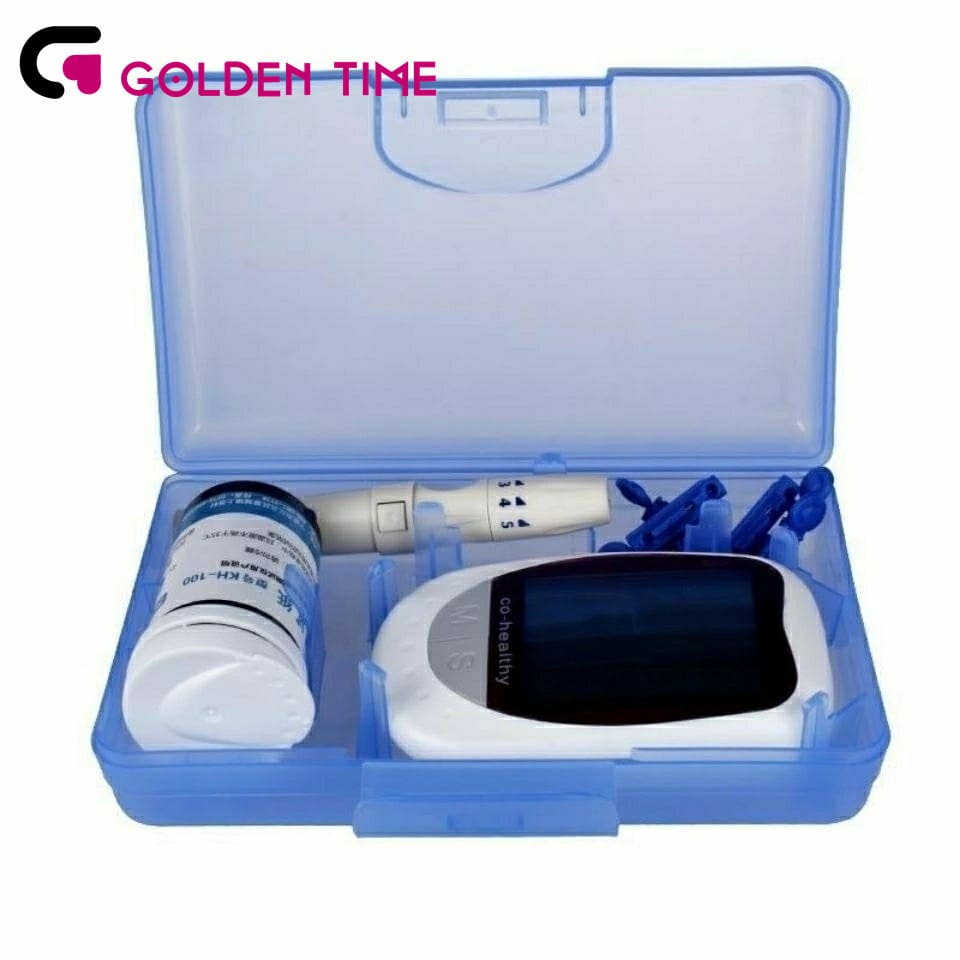Sep . 06, 2024 09:58 Back to list
Buy HCV Card Test - Reliable HCV Testing Kits
Understanding HCV Card Test Manufacturing and Its Importance
Hepatitis C virus (HCV) infections pose a significant health threat globally, affecting millions of people. As a result, the demand for effective and reliable testing methods has increased dramatically in recent years. One of the most innovative solutions in this field is the HCV card test, which has garnered attention from healthcare professionals, manufacturers, and patients alike. This article explores the significance of HCV card test manufacturers, their products, and the overall impact of these tests on public health.
Understanding HCV Card Test Manufacturing and Its Importance
The role of HCV card test manufacturers is crucial in ensuring that these products are not only effective but also compliant with health regulations and standards. These manufacturers are responsible for research and development, production, quality control, and the distribution of testing kits. They often collaborate with health organizations and regulatory bodies to enhance the sensitivity and specificity of their tests, ensuring that they provide accurate results that can lead to timely medical intervention.
buy hcv card test manufacturers

In recent years, advancements in technology have significantly improved the accuracy and reliability of HCV card tests. Manufacturers are now leveraging innovations such as microfluidics and advanced biosensors to enhance the performance of these tests. This evolution is critical because false-positive or false-negative results can lead to misdiagnosis, unnecessary anxiety for patients, or a lack of treatment for those who need it. Continuous research and development are thus vital to refining these testing tools.
Moreover, the global health landscape has emphasized the importance of point-of-care testing, particularly in resource-limited settings. HCV card tests embody this principle - they are portable, require minimal training to administer, and provide quick results, which are essential for making immediate health decisions. By integrating these tests into screening programs, countries can identify and treat HCV infections earlier, ultimately reducing the burden of liver disease and associated complications.
In addition to the technical aspects of HCV card test manufacturing, market dynamics and accessibility also play a role in their effectiveness. The cost of testing kits significantly influences their adoption, especially in low- and middle-income countries where budget constraints are common. Manufacturers who prioritize affordability and accessibility expand their reach and efficacy in tackling HCV.
In conclusion, HCV card test manufacturers play a vital role in the fight against hepatitis C by producing reliable, efficient, and accessible testing solutions. Their innovations not only empower healthcare providers to diagnose and manage HCV infections effectively but also contribute to broader public health initiatives aimed at eradicating this virus. As the global health community continues to focus on mitigating the impact of hepatitis C, the importance of these manufacturers and their products will undoubtedly grow, paving the way for improved health outcomes worldwide.
-
Dengue NS1 Rapid Diagnostic Test Kit
NewsMar.07,2025
-
Dengue NS1 Rapid Diagnostic Test Kit
NewsMar.07,2025
-
Dengue NS1 Rapid Diagnostic Test Kit
NewsMar.07,2025
-
Transferrin Rapid Test Cassette Tumor Marker TF Card
NewsMar.07,2025
-
Malaria Pf Pan Rapid Diagnostic Test Kit
NewsMar.07,2025
-
malaria pf / pan ag rapid test
NewsMar.07,2025

